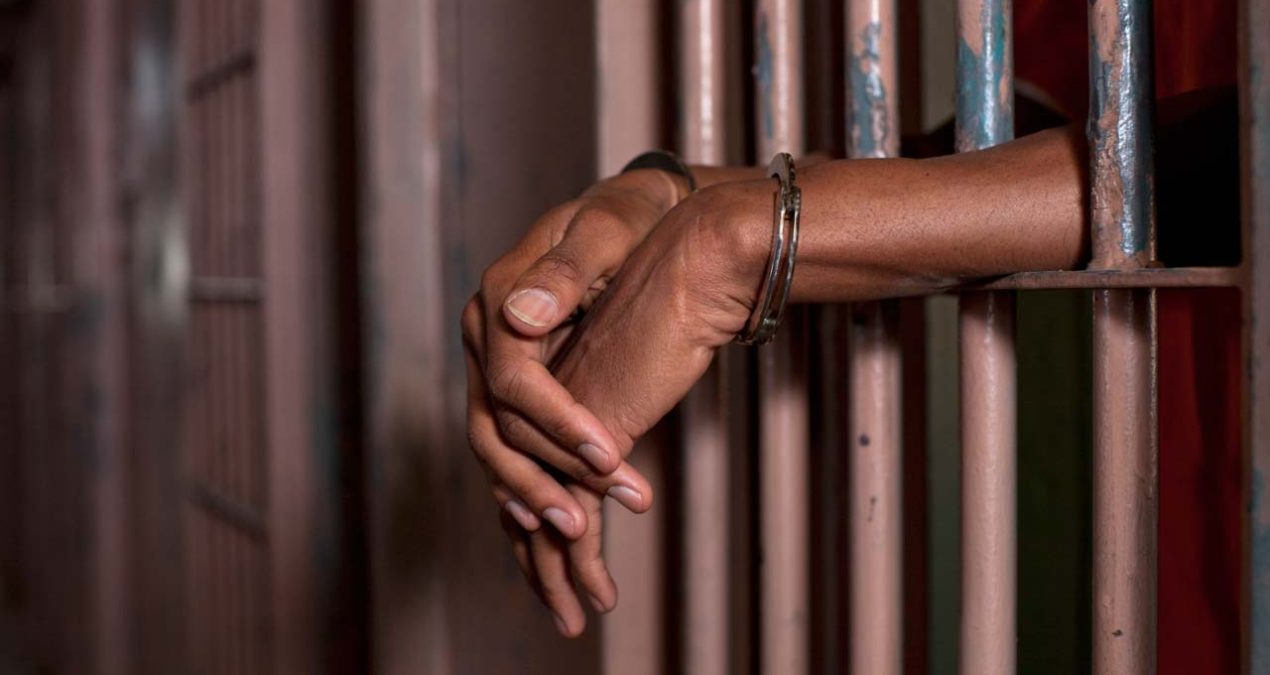From time-to-time people get broke. And when they do, one way to solve their money problems is to take a loan. Maybe you have been in the same situation. And you have taken a loan to pay school fees or to pay your house rent or to settle medical bills. You may have taken the loan from a Bank or one of the fintech loan apps available today (Lcredit, fair money etc). But what if you take the loan and you are unable to pay back – could you get arrested for that? If we are going to ask that differently it would be – can you go to jail for not paying back your loan or debt?
Please note that our answer does not constitute legal advice and is not intended to pass as one. That said, we will cut straight to the answer.
It is not a crime to be in debt in Nigeria. There is no law that makes the owing of loans a criminal offence. At best, owing a loan and not paying it back on time or at all would constitute a civil dispute. Okay, we know that’s big grammar so we will explain.
What we mean when we say that owing a loan (or debt) could amount or constitute a civil dispute is simply that – you have a disagreement with someone or with an organization and the person you have the disagreement with can sue you. Like we said, the loan or debt in question may be due to a business deal that went bad or maybe some unforeseen circumstances that happened and your business partner or the company you owe may want its money back quickly. Therefore, they can sue you to get their money (the loan) back. But remember, this does not mean you have committed any crime.
Having cleared the air that being in debt is not a crime, we need to clarify something else that might be closely related.
What we want to clarify is this – while being in debt or not being able to timely repay your debt (or loan) is not a crime, there are instances where there are criminal activities arising from or relating to the debt. So, while the Police and other law enforcement agencies have no powers to act as debt recovery agents, they can investigate, arrest and prosecute any alleged offence that arises from or is related to the debt.
Let us explain with two examples, first, issuing a dud cheque is an offence. In the same vein obtaining by false pretense (popularly called 419) is a crime and Police officers can arrest on this ground. So, if the loan (money) was obtained by false pretense, the Police maybe involved and can arrest on this ground. Similarly, if the criminal act of issuing a dud cheque was done after the loan was gotten, the police can arrest on this ground.
READ ALSO: WHAT IF I ISSUE A DUD OR BOUNCED CHEQUE IN NIGERIA?
The gist we have been driving at is this, owing a debt is not a crime. Also, failing to timely pay back a debt or loan is not a crime. The police do not have powers to act as debt collectors or debt recovery agents. That notwithstanding, some actions carried out either before or after collecting the loan or debt maybe criminal in nature and the police can investigate and arrest on the basis of such criminal actions. However, it is the law that the duties of the Police (and other law enforcement agents) do not include the use of the criminal process or their powers to resolve or influence the resolution of any civil dispute under the guise of investigating criminal features in such disputes.
Sadly, it is common to see the police and even creditors try to give debts and breach of contract cases a coloration of crime so that they can arrest debtors. This is more like giving a dog a bad name so as to hang it. Thankfully, the Court has held that the EFCC, the Police and other law enforcement agents have a duty to scrutinize all complaints that they receive, no matter how carefully crafted by the complaining party, and be bold enough to advise such complainants to seek appropriate/lawful means for resolving their disputes.
One question may agitate your mind from all we have said. Let us try assuming what your question is or better still lets us ask; apart from the Police, what of the Complainant who uses the Police to settle civil disputes – does he go scot free?
The answer to this question is No. This means that the private individual who uses the police to settle a private score, would himself be liable for the wrongful act of the police. The Courts have held that a person who employs the police, or any law enforcement agency, to violate the fundamental rights of another citizen should be ready to face the consequences, either alone or with the misguided agency
With all we have said, don’t forget – The Police and other law enforcement agencies in Nigeria are not debt recovery agents or debt collectors. The Police are also not supposed to settle civil disputes or misunderstandings. It is illegal for the Police to do any of these things. Furthermore, where the police abuse the rights of a debtor because of the frivolous or misguided petition of his Creditor, both the Police and Creditor can be sued for breach of fundamental rights and the Court may find them liable.
To end the discuss, we only would add that if you are in debt, it is not wise to evade your Creditors. One thing you can do is agree on a repayment plan with your Creditor and gradually pay off the debt. In addition, where necessary ensure to seek professional help.
Written by Frederick Nkobowo LLB
Authorities and Further Readings
Section 4 of the Police Act 2020
NWADIUGWU v. IGP & ORS(2015) LPELR-26027(CA)
CP.,ONDO STATE & ORS v. KILADEJO (2020) LPELR-52286(CA)
EZEIGBO v. IKECHUKWU & ORS (2019) LPELR-48445(CA)
Nkpa v Nkume (2001) 6 NWLR Pt. 710 at Pg. 543



